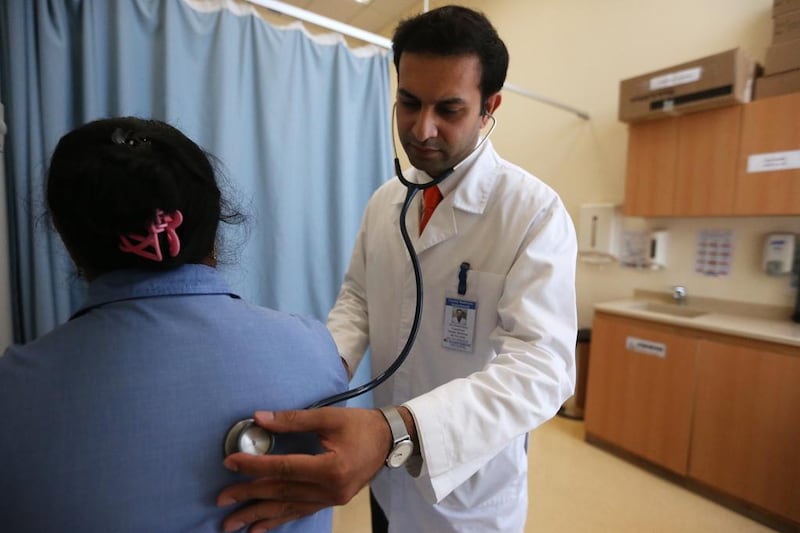The advent of virtual doctors, where patients are seen by a physician via a video link rather than being in the same room, is being touted as an affordable way to bridge the geographic inequities of health cover by ensuring those in rural areas have access to the same quality of care as their urban counterparts.
There are, of course, legitimate concerns that telemedicine cannot fully replace direct contact between a doctor and their patient but since this is being touted as a serious option to keep healthcare costs in check, virtual doctors seems likely to become more common.
While the reservations about this form of medicine are well founded, it also raises a further question: how important is the patient-doctor relationship to the quality of care one receives? Particularly in Abu Dhabi, most people who see a doctor go to one of the major clinics and are assigned a general practice doctor at random, based on who is on duty. Those who return for further care are unlikely to see the same doctor again.
While this is a reflection of the itinerant nature of both doctors and patients in our predominantly expatriate workforce, this process is at odds with the practice in much of the rest of the world, where a patient tends to have one regular doctor who works from a small surgery. Often several generations of the same family will see the same doctor over a span of decades, providing the continuity of care and long-term knowledge that helps lead to the most accurate diagnoses and best options for care.
While one benefit of big clinics is that if a referral to a specialist is required, the relevant doctor will be in the same building and often can be seen almost immediately, a long-standing human connection between doctor and patient is an underappreciated aspect of medicine. Good doctors know that the best care is more than simply the application of scientific principles and includes a psychological component. As well as introducing telemedicine, should we also think about how best to encourage small clinics where these long-term relationships can flourish?





